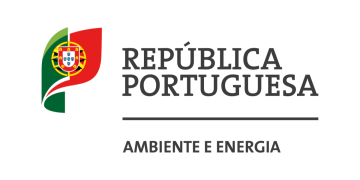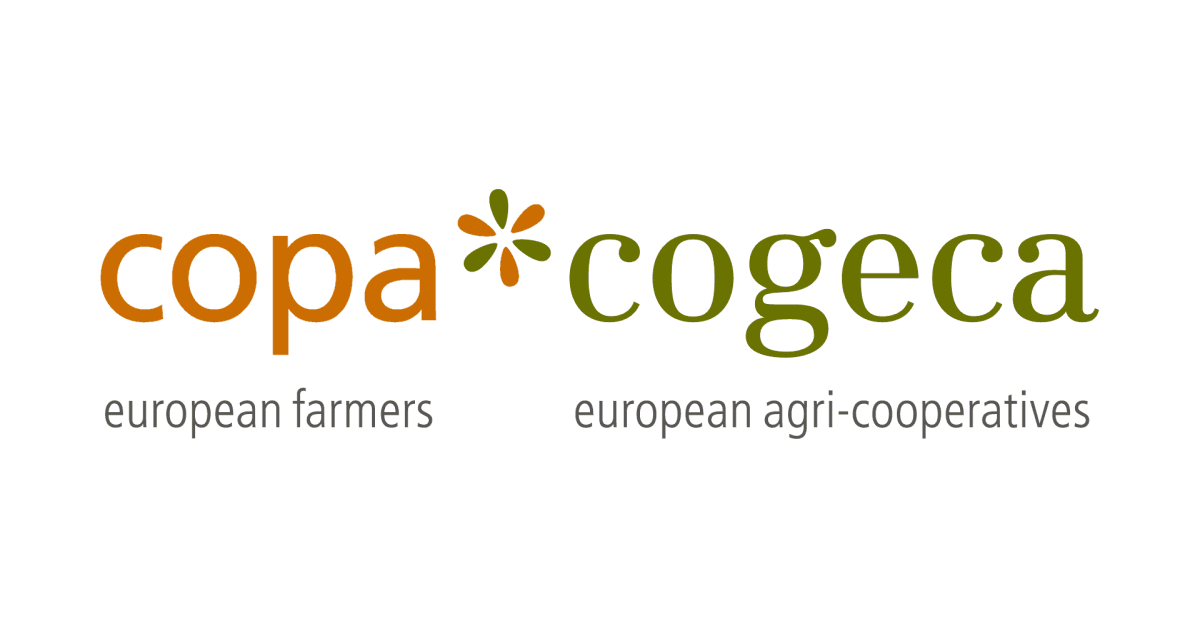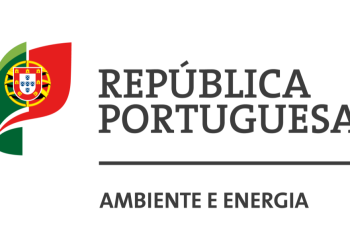The recently concluded EU-US agreement, further outlined in today’s joint statement, delivers nothing for the EU agriculture sector. Despite public statements from European Commission President Ursula von der Leyen made in Scotland regarding potential “zero-for-zero” tariff arrangements for certain agricultural products — the joint statement contains no such relief for any European producers. The minimum expectation was tariff relief for wine and spirits — a solution endorsed by stakeholders in both the EU and the US — yet this has not been delivered. On the contrary, this deal grants improved market access for US agri-food products, while EU producers are left facing higher tariffs, now rising to 15%, on key export products. This one-sided outcome is not only unjustified – it is deeply damaging to a sector already under pressure from rising costs, regulatory constraints, and increasing global competition.
In practical terms, EU agriculture is being asked to accept weaker trading terms, while the US reaps new advantages. This is not reciprocity – it is a strategic error that undermines the EU’s own farmers, agri-cooperatives and rural economies.
The European Commission must continue to negotiate with the US lowering of the tariffs on key agricultural exports and it should now urgently conduct and publish an impact assessment of this agreement on the EU agriculture sector, including detailed analysis of the substitution effects. Competitor countries, such as for example Australia and Argentina, will continue to benefit from lower 10% tariffs, meaning EU producers are now at an even greater disadvantage in a key market.
We urgently seek clarity on the Commission’s planned adjustments to the deforestation regulation and sustainability directives, and their implications for EU producers. Any flexibility granted on SPS rules or sanitary certification for the US must not come at the expense of EU production standards or farmers.
This agreement confirms a worrying trend: agriculture is being consistently deprioritised in EU trade negotiations. We call on the Commission to explain how this outcome aligns with its stated objectives on the strategic role of our sector for Europe, rural resilience, and fair
trade and to outline immediate steps on how it plans to mitigate the negative impact.
Fonte: Copa – Cogeca





















































